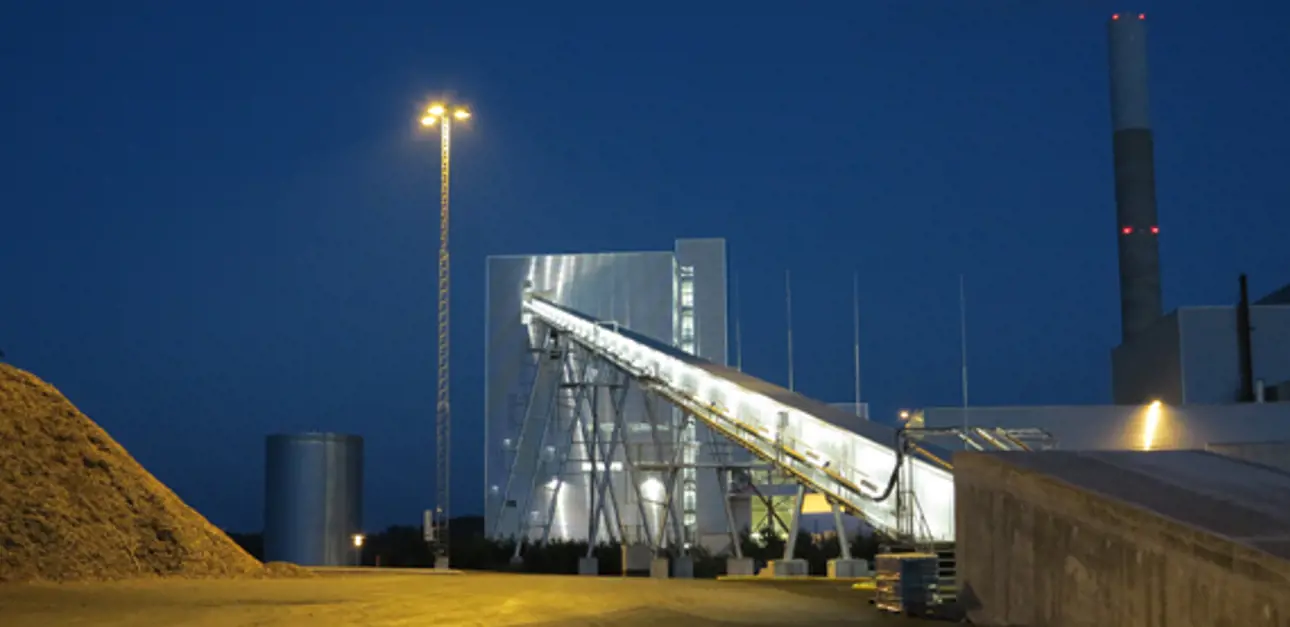Jönköping Energi’s Torsvik 2 boiler runs with 100% availability
The biomass-fueled Torsvik 2 CHP power plant in Jönköping, Sweden, has been running extremely reliably and fulfilling all expectations set for it since its commissioning in the fall of 2014.

As the need for district heat and electric power grew in the city of Jönköping with a population of over 133,000, Jönköping Energi expanded its CHP plant by investing in a new boiler plant. The investment targeted the replacement of the existing outdated district heat boilers and related systems as well as enabled a switchover from refined biofuels to primary biomass fuels, such as wood chips.
Based on cost efficiency, high availability and reliability, the company opted for Valmet’s technology. Valmet’s delivery included a 100 MW HYBEX boiler utilizing bubbling fluidized bed (BFB) technology, buildings, an electrostatic precipitator, electrification and instrumentation, a catalyst, burners and a demi water treatment plant, all erected and commissioned. Valmet also supplied the Balance of Plant.
According to Pontus Steinvall of Projekt- & Energikonsult Steinvall AB, who acts as a project manager for Jönköping Energi, the boiler has shown 100% availability and excellent efficiency. Thanks to the catalyst, the NOx levels have been low. “The boiler has been performing very well. The only problem that I have heard from the operators is that the boiler is so quiet that they often forget all about it,” he jokes.
Boiler reliability has been repeatedly proven at the plant. For example, in case of turbine failures, the boiler just keeps on running. So far, it has not tripped once.
Flexible, too
While the main power plant, the waste-fueled Torsvik 1, runs throughout the year, Torsvik 2 serves as a mid-load unit and runs only in the wintertime when there is a high demand for district heat and the temperature sinks under 0°C.
“Since the customer does not want to switch off the boiler every time the temperature rises above zero, the boiler is run then at a low capacity of only 30%. When the weather gets colder again, the boiler capacity can easily be increased. The customer has been positively surprised by the boiler’s flexibility,” says Tapani Nummelin, Project Manager, Valmet.
The new plant uses roughly 550,000 cubic meters of forest fuels annually. It produces approximately 320 GWh of district heat per year, corresponding to the heating needs of 17,000 single-family homes. The production of electricity amounts to 120 GWh/year, covering the power consumption of about 25,000 households.